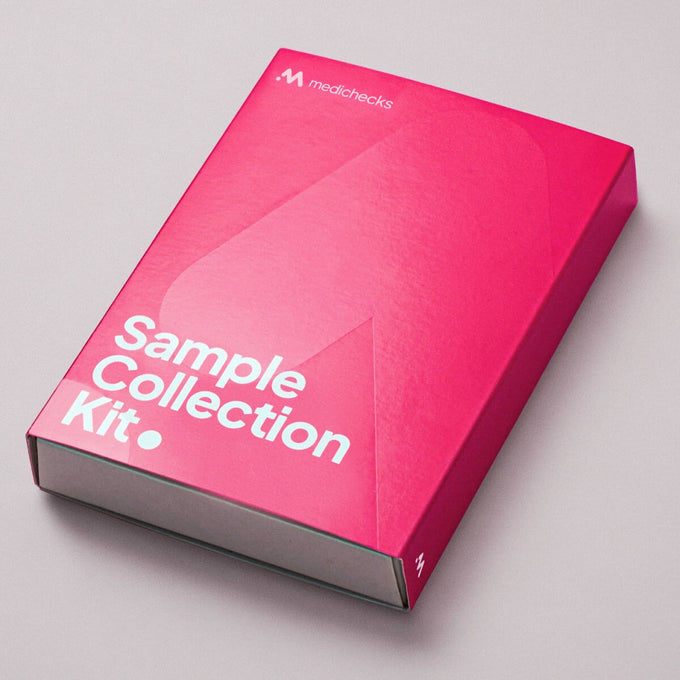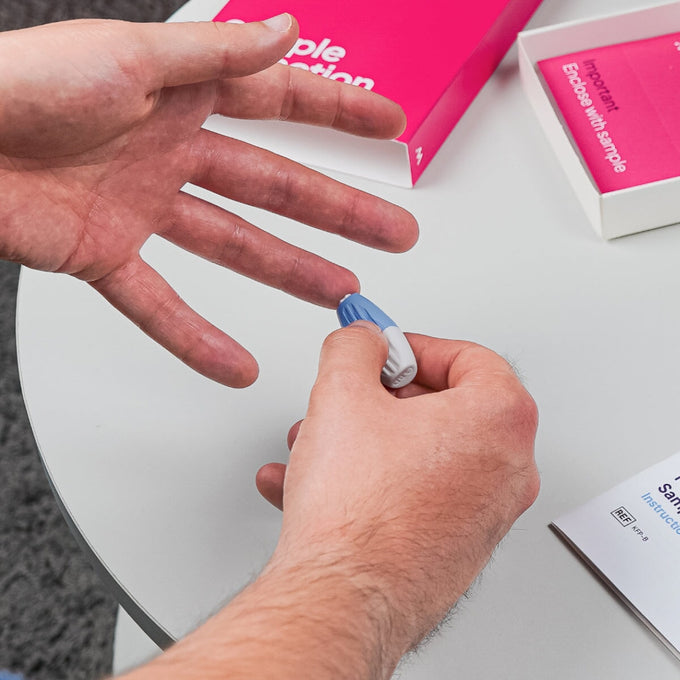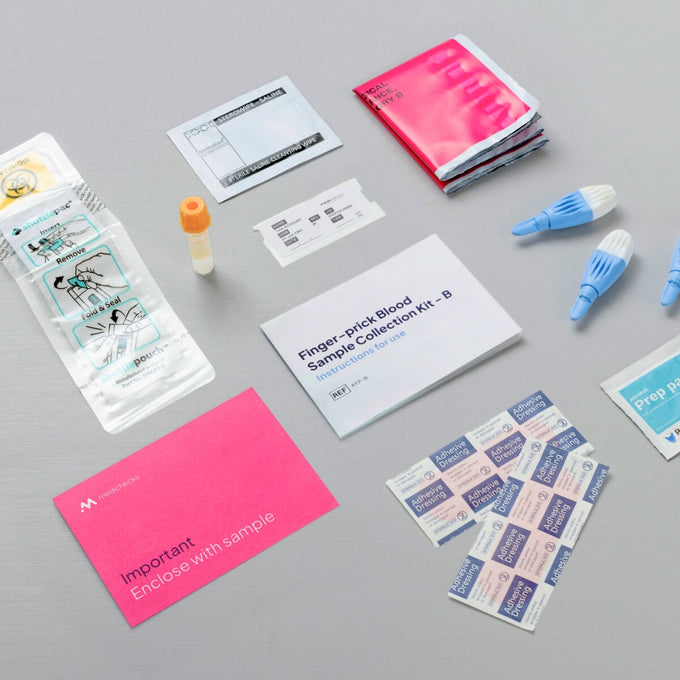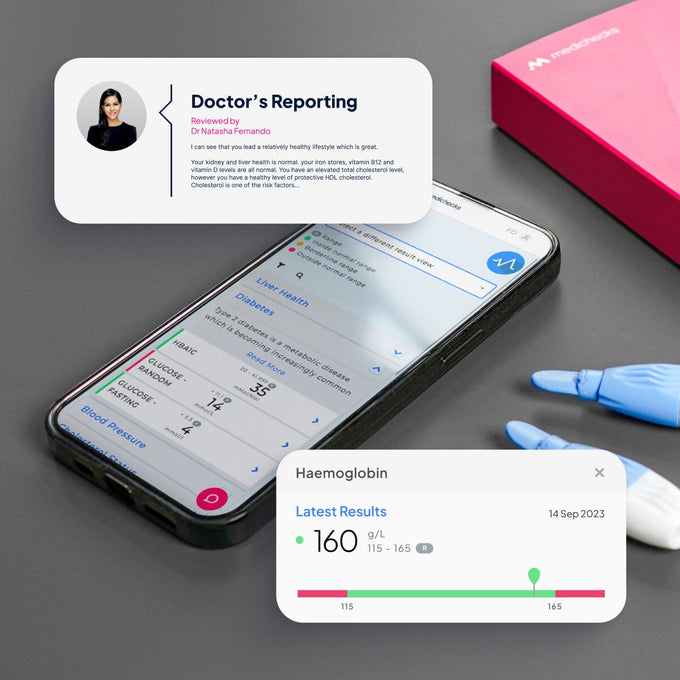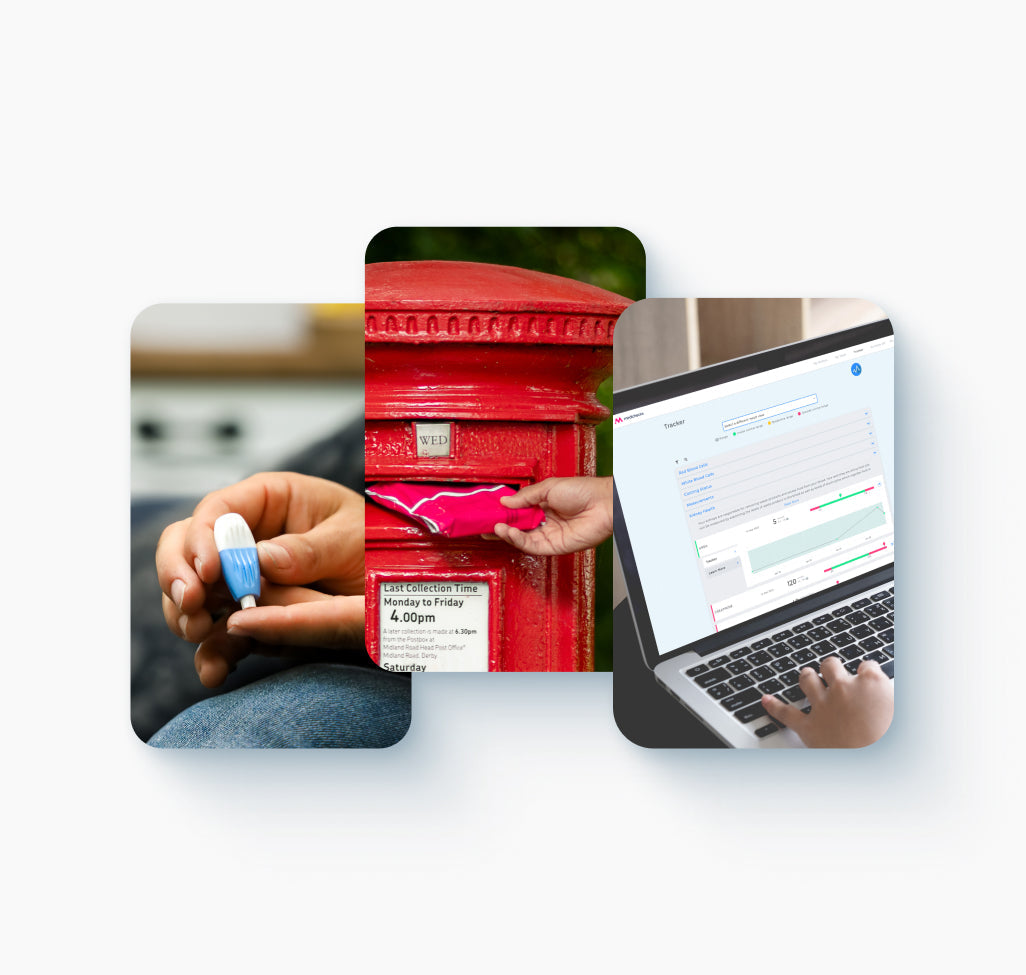Is it for you?
This test detects IgE antibodies which are often raised in response to allergic reactions. It can sometimes help confirm an allergy when symptoms are present.
Allergy blood tests often produce false-positive results, indicating an allergy that may not actually exist. Therefore, we recommend keeping a diary of possible allergens you’ve been exposed to in the hours prior to the onset of symptoms. Sharing this with our doctors allows us to give you the most reliable interpretation.

